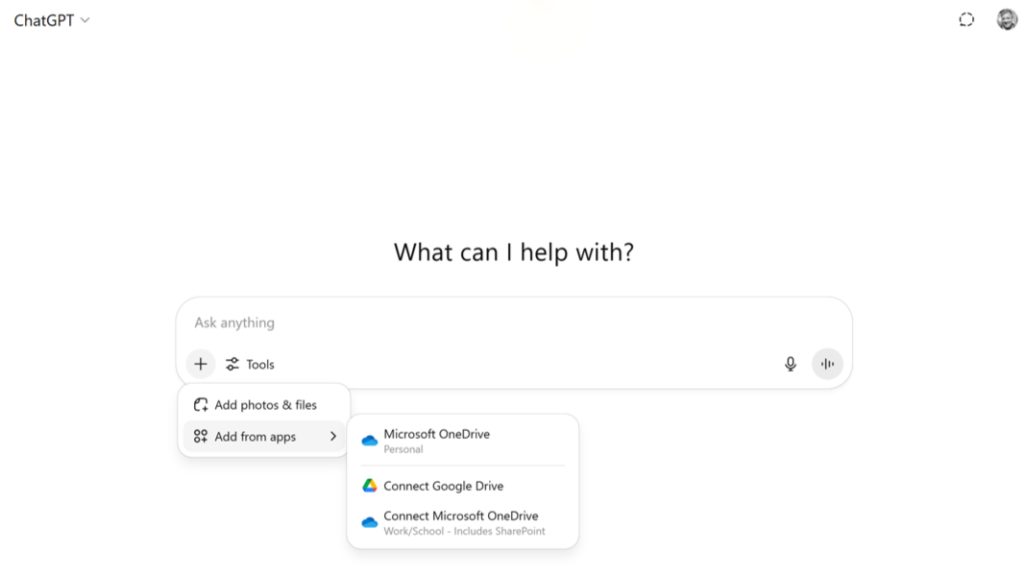
Last week, we learned that OpenAI is prepping its own web browser. But its software ambitions are even grander than that: The Information recently reported that the AI pioneer is working on an office productivity suite to take on Microsoft 365 and Google Workspace.
This report dates back a few weeks, as it turns out, but I wasn’t aware of it at the time. And The Information is an expensive paid subscription that I don’t have access to. So I have to go with what third parties have reported, which is always dicey. So here goes.
Windows Intelligence In Your Inbox
Sign up for our new free newsletter to get three time-saving tips each Friday — and get free copies of Paul Thurrott’s Windows 11 and Windows 10 Field Guides (normally $9.99) as a special welcome gift!
“*” indicates required fields
OpenAI is allegedly working on features for its popular ChatGPT chatbot that will transform it into a direct competitor to Microsoft 365 and Google Workspace, with collaborative document editing, meeting transcription, and team chat capabilities. Work started about a year ago, and some recently released ChatGPT features, like Canvas and Enhanced Projects, are part of the same effort. Other ChatGPT features, like its integrations with Outlook, Teams, OneDrive, Google Drive, Gmail, Google Calendar, and more, are complementary and can fill gaps until ChatGPT becomes more full-featured.
OpenAI is apparently also looking into file storage capabilities that underlie these new capabilities and expand them to meet the needs of enterprises.
I have a difficult time believing that OpenAI would build direct replacements for apps like Word, Excel, and PowerPoint. But it’s fair to wonder how an AI-centric suite of app-like capabilities could transform office productivity work. If you think back to the introduction of what’s now called Workspace, tools like Google Docs were (and still are) simpler, web-based (and now mobile-capable) tools that appealed to smaller companies more than the more capable but complex Microsoft Office solutions. OpenAI is likely approaching these capabilities from its own perspective, so one could imagine using AI to create and edit documents, spreadsheets, and presentations without actually using dedicated apps. Perhaps it will be something like Notion, an “everything” app with a single interface.
I guess we’ll see. But OpenAI’s need for its own web browser is much like Google’s need for the same back in 2008: It can’t trust the current browser makers to meet its specific needs. And that could be true of office productivity solutions as well.

